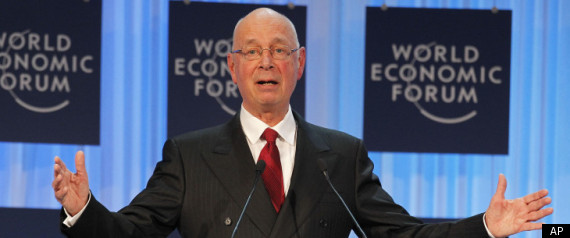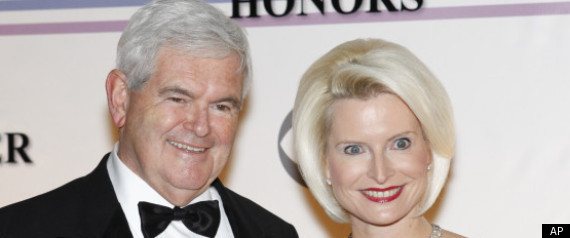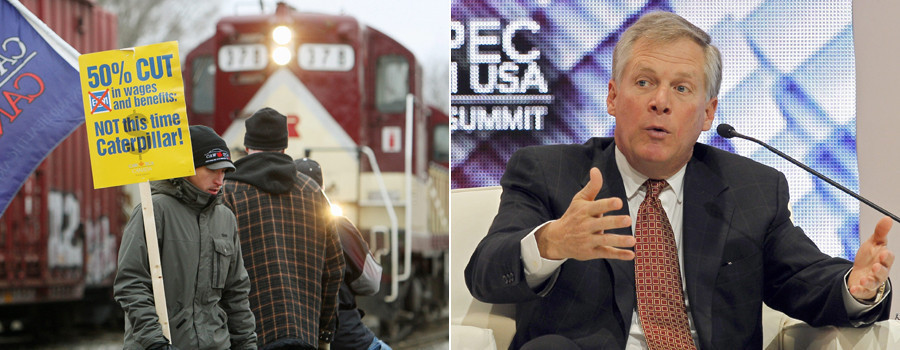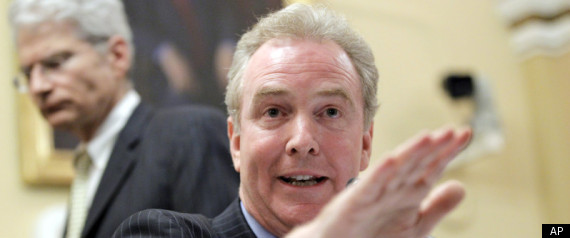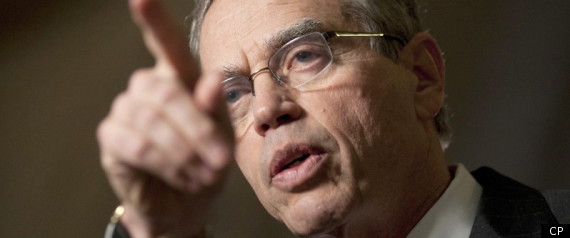DAVOS, Switzerland -- A mile away, in the center of this posh ski resort, some of the most powerful people on earth are gathered in pinstripes, discussing the state of the globe at the World Economic Forum. No one could accuse organizers of lacking ambition: "COMMITTED TO IMPROVING THE STATE OF THE WORLD," declare the signs hanging from seemingly every wall of the central venue, the Congress Center.
But here, in a snow-covered parking lot on the other side of the railroad tracks from the rest of town, two dozen protesters coalesced under the banner OccupyWEF dismiss that slogan as a fraud.
"They talk about our future, but they are the point zero, zero, zero, one percent of the people, and that's not democratic," says Valentine Sidjanksi, 25, a bricklayer from Zurich who is spending the week in one of two yurts erected here, alongside four igloos. "They have tried for 25 years to build something, but they are the wrong people. They are all from business and politics. They just want to strengthen the system and make more profits. They should disband."
OccupyWEF, the latest progeny of the global, grass roots response to widening inequality, joblessness and financial turmoil, has aimed itself directly at the glittering pageant of power that is the World Economic Forum. While the Occupy movement is often dismissed as an inchoate mass that lacks concrete demands, the people camped out here readily articulate a central aim: They want to put a stop to this annual gathering of top executives, heads of state, and other people of influence -- the very group they say generated the unjust economic order the forum is supposedly intent on fixing.
But here, in a snow-covered parking lot on the other side of the railroad tracks from the rest of town, two dozen protesters coalesced under the banner OccupyWEF dismiss that slogan as a fraud.
"They talk about our future, but they are the point zero, zero, zero, one percent of the people, and that's not democratic," says Valentine Sidjanksi, 25, a bricklayer from Zurich who is spending the week in one of two yurts erected here, alongside four igloos. "They have tried for 25 years to build something, but they are the wrong people. They are all from business and politics. They just want to strengthen the system and make more profits. They should disband."
OccupyWEF, the latest progeny of the global, grass roots response to widening inequality, joblessness and financial turmoil, has aimed itself directly at the glittering pageant of power that is the World Economic Forum. While the Occupy movement is often dismissed as an inchoate mass that lacks concrete demands, the people camped out here readily articulate a central aim: They want to put a stop to this annual gathering of top executives, heads of state, and other people of influence -- the very group they say generated the unjust economic order the forum is supposedly intent on fixing.
